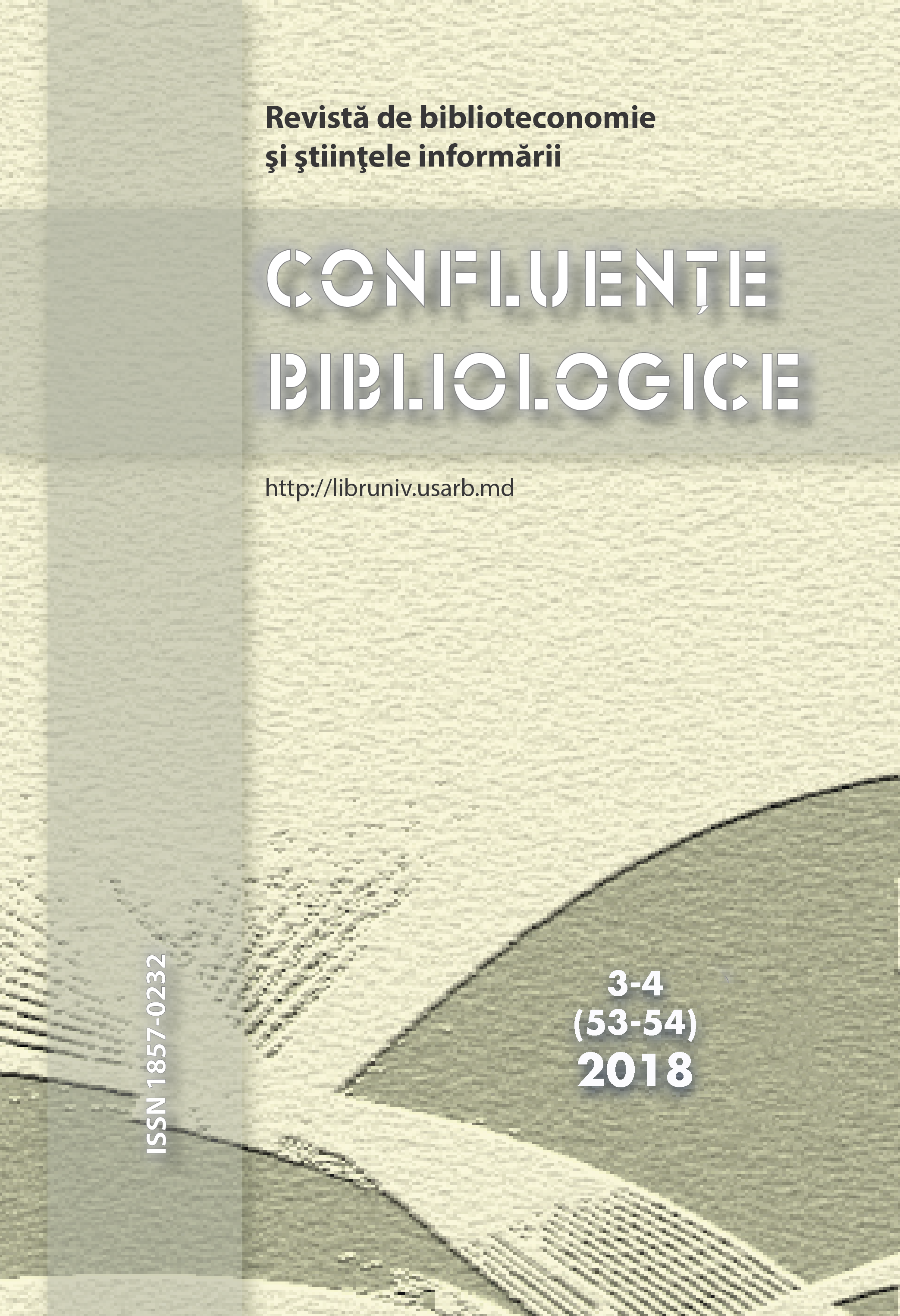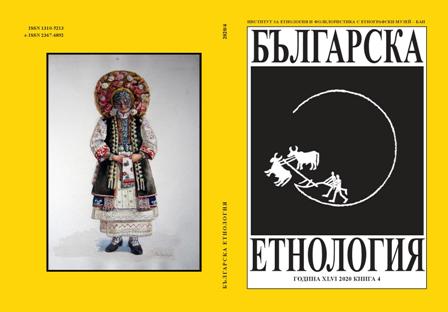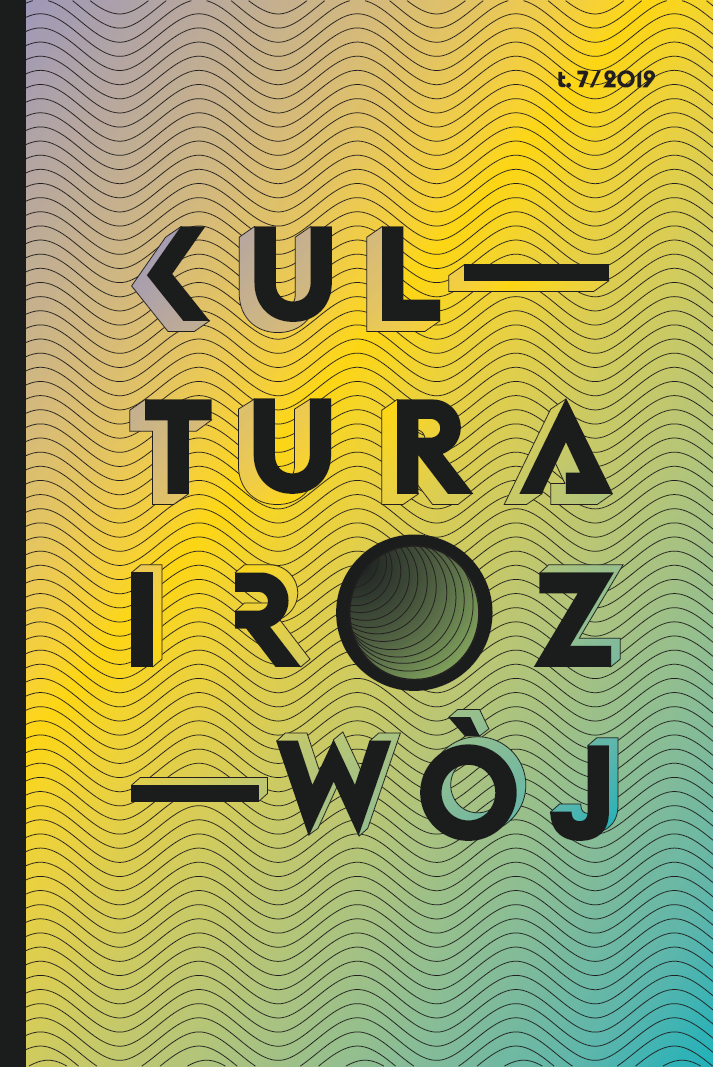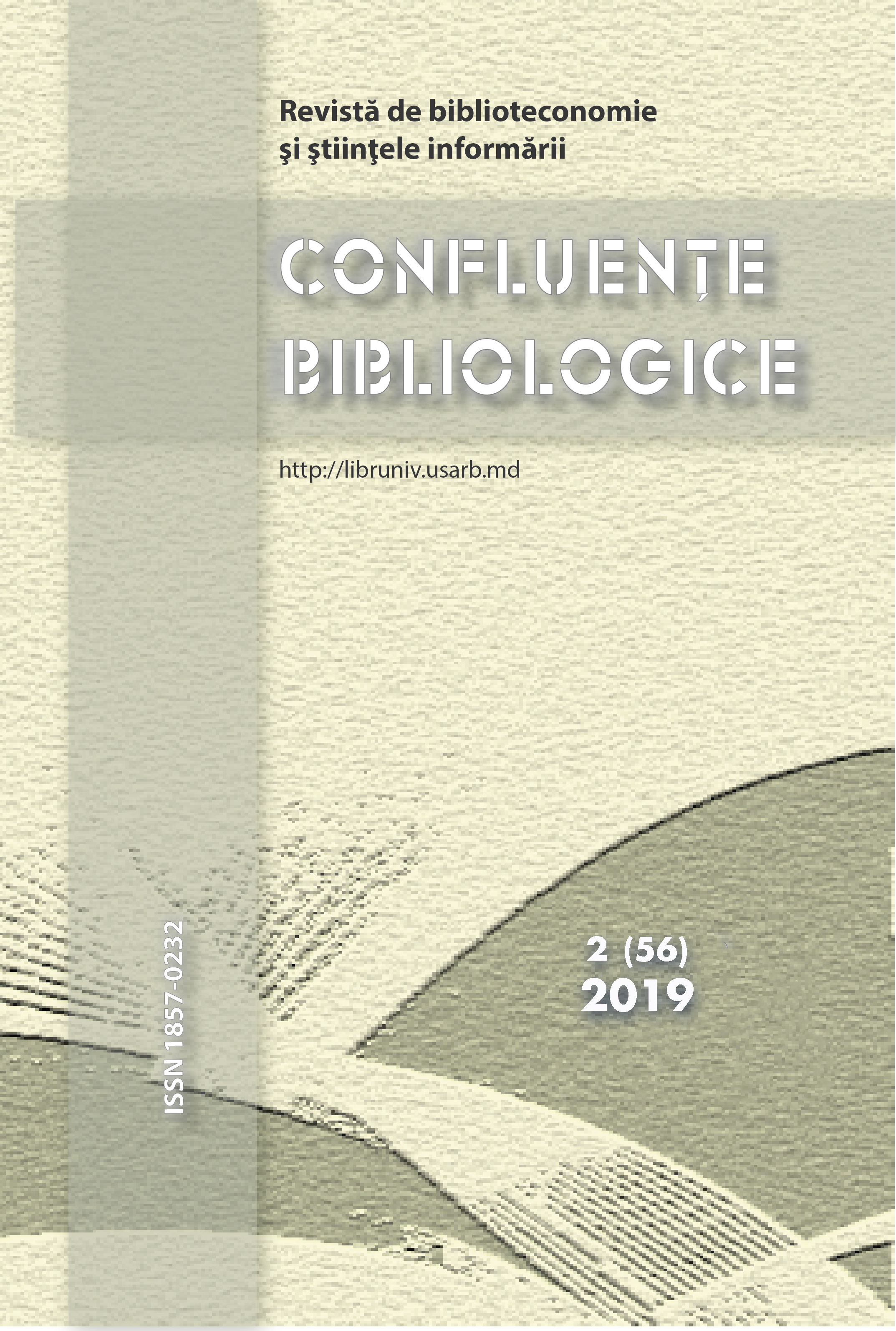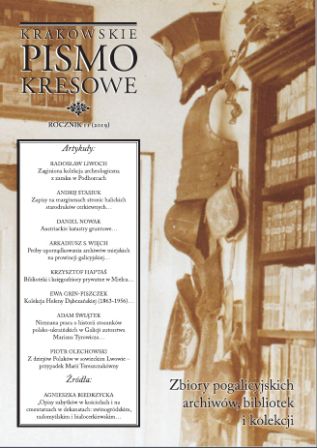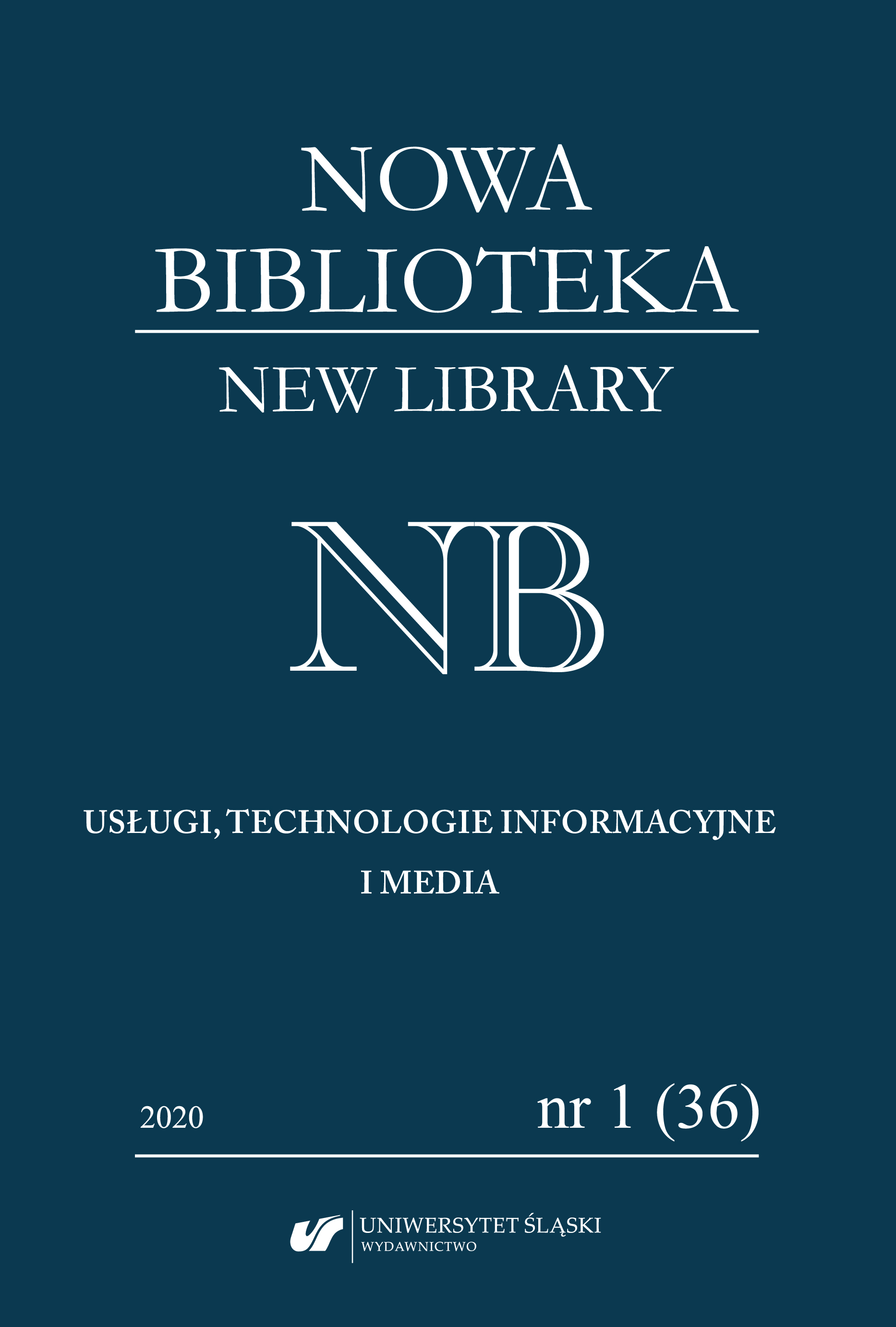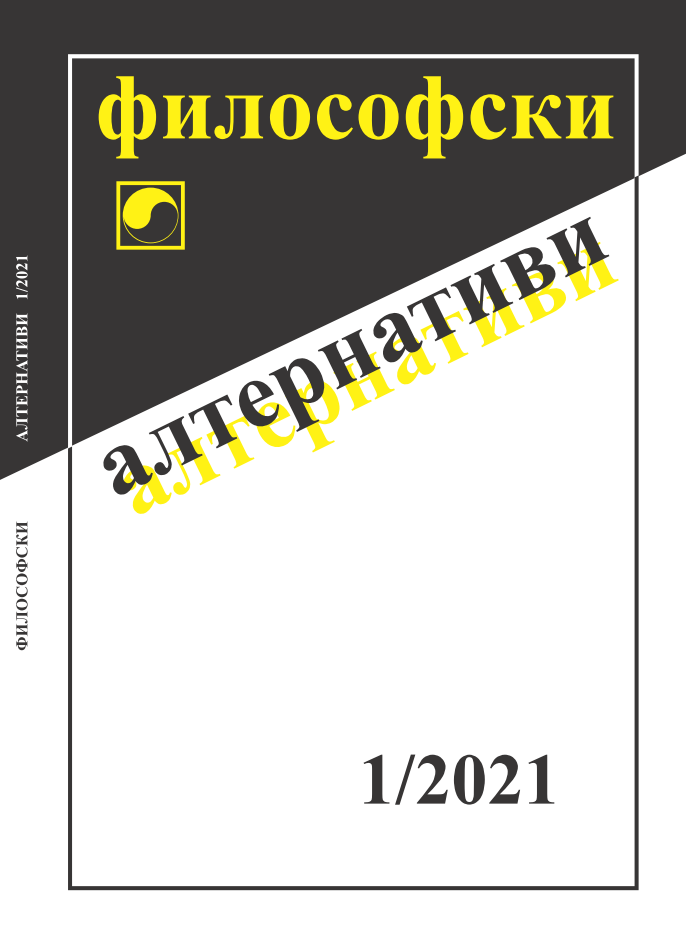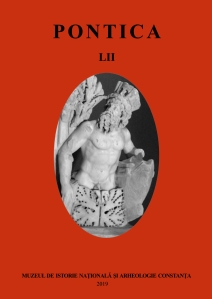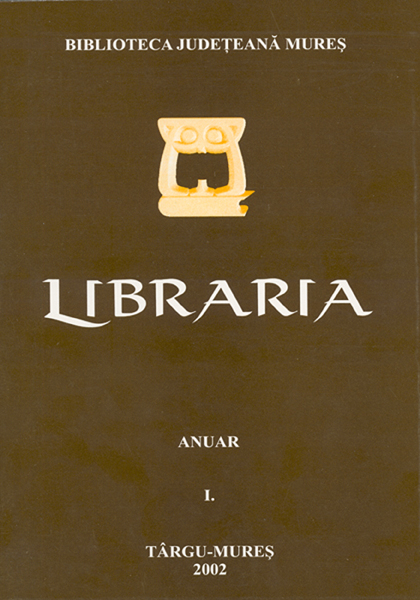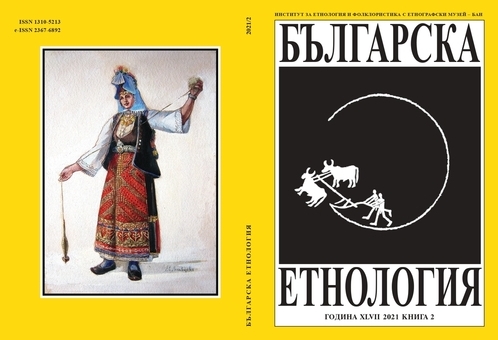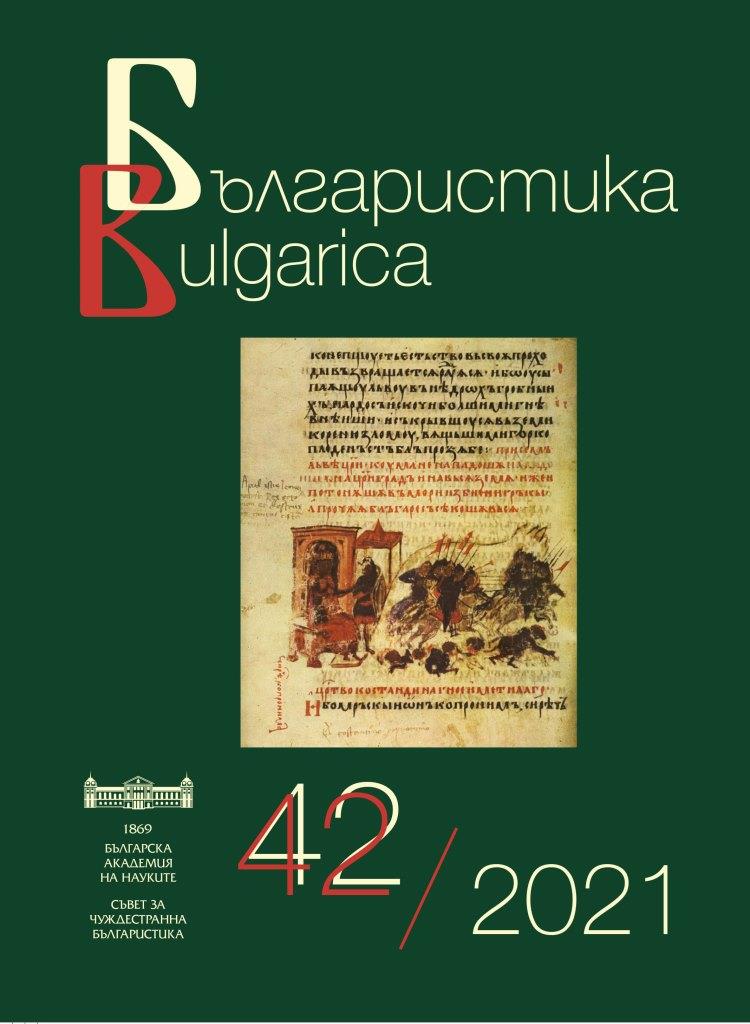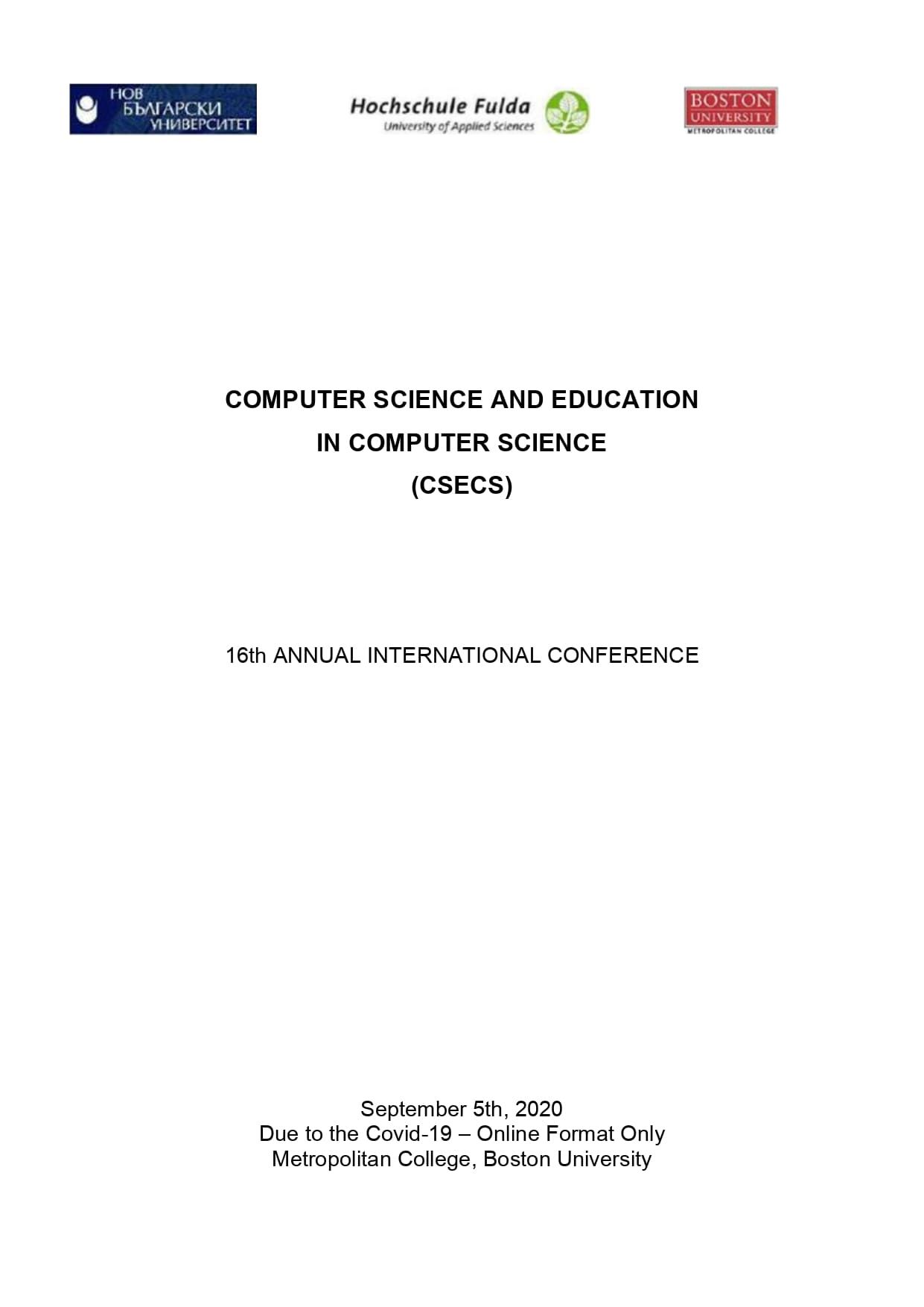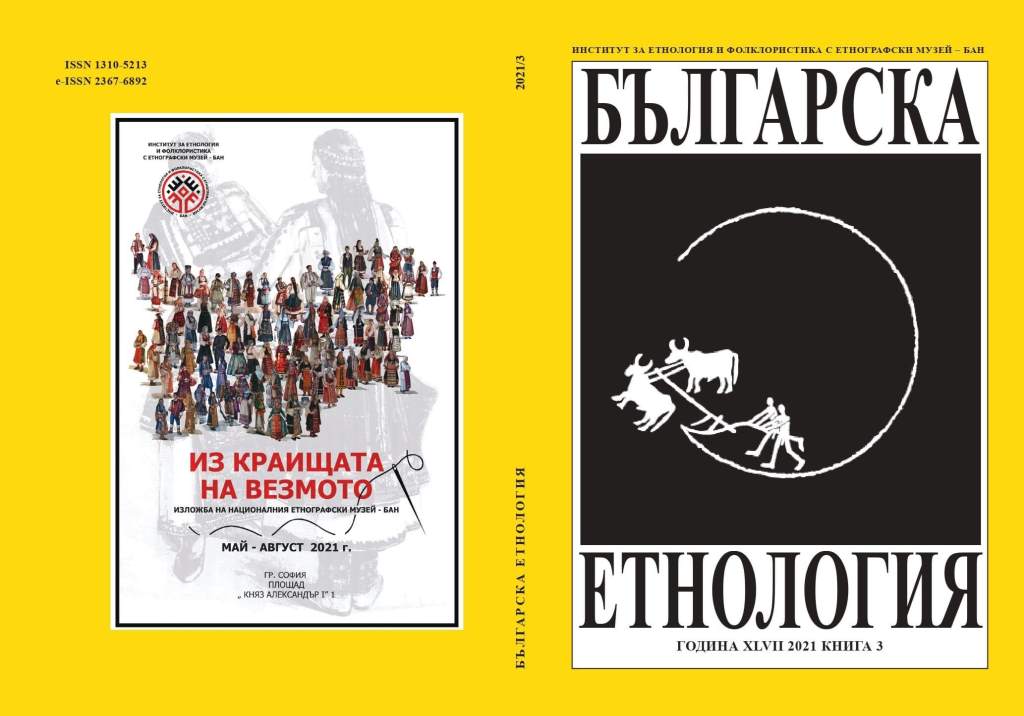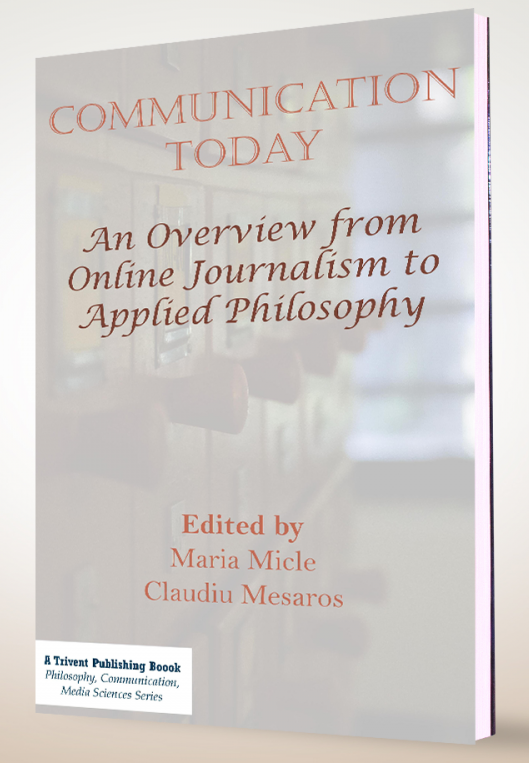
Pimen Constantinescu
In the economy of the library of the “Lucian Blaga” University of Sibiu Romania, an important place is taken by the collection of about fifteen thousand volumes, mostly in the humanities. These were donated by Pimen Constantinescu, the first librarian and manager of the University of Cluj Library, Sibiu Branch. More than 515 reviews can be identified as part of the donor’s collection: many of these works are literary magazines, fiction, poetry, criticism and other writing. The aim of this study is to present a history of this valuable collection, from its establishment up until today. The research starts from the context which brought Pimen Constantinescu to Sibiu, his personality, his concerns and his motivations. Furthermore, we identify the growth and means of organisation of this cultural heritage that was threatened with destruction under the communist regime. There are no studies directly concerned with the history of this collection. We will however try to find links between Pimen’s appraisals on Romanian publishing activities and similar studies. Although Pimen subscribed to the most important journals in the country, we will focus especially on those which are less well-known, particularly emphasizing those less highlighted by studies on the Romanian history of press.
More...
